The COVID-19 situation has taken a toll on people’s wellbeing. The constant flow of information can amplify the stress. Dr Josianne Scerri and Dr Paulann Grech, together with their colleagues and students, carved out a space on social networks where people could practise self-care – and get their facts right. They share their experience here.
Mental health has suffered with the global COVID-19 pandemic. The crisis brought fear of the unknown, anxiety over loved ones falling ill, and worries about coping with all the consequences of the crisis. During such a stressful period, the Department of Mental Health at the Faculty of Health Sciences (University of Malta) felt the need to reach out to people by providing mental health support. Lecturers and students set up the Facebook page called ‘Covid-19: let’s cope’.
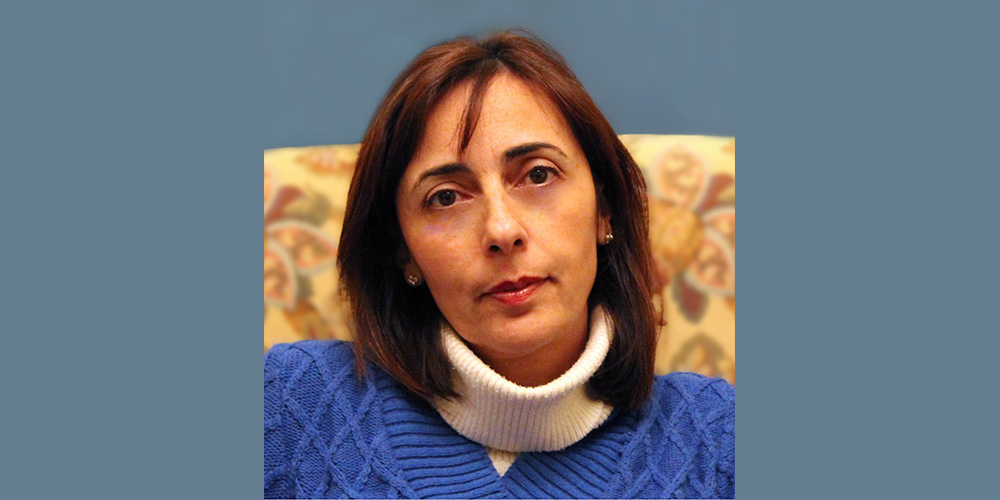
Mental Health Nursing course students and staff have started providing regular tips for mentally coping with this situation without duplicating helplines’ work. The platform serves to share evidence-based coping mechanisms which motivate people to safeguard their mental wellbeing. On a daily basis, our team crafts a ‘Good morning’ post in a storytelling format, a video clip about psychological coping skills, and expert guidelines (from the World Health Organization (WHO) and other reliable sources). We also translate the content into Maltese and re-structure guidelines as daily tips and motivational quotes.
All posts are then credited to the person who uploads them and their content is referenced to enhance credibility. External contributions are also invited, subject to review by the administrators before uploading. This campaign is helping our students to gain skills they will use throughout their career. In the words of student Francesca Sammut, ‘Delegating work and coordinating the design process, along with meeting ideal posting times, was somewhat of a headache at times, but by working as a team and pulling the same rope, we got the job done!’
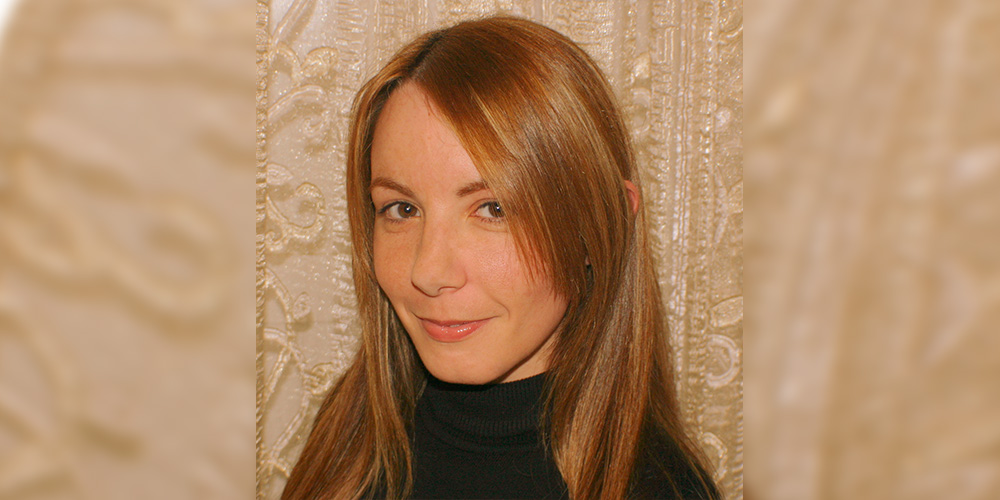
She remembers how she started volunteering: ‘Upon receiving Dr Paulann Grech’s invitation to take part in this initiative, I immediately accepted as I believed it would be a fruitful learning experience, as well as a productive way of spending time away from the University of Malta. Although managing a Facebook page is not easy, it definitely equips you with several new soft skills ranging from content planning to graphic design to insight analysis.’ The student emphasises the importance of engaging local communities with accessible communication – infographics and concise messages. ‘The process of translating the mental health considerations published by WHO into Maltese was very rewarding – both in the sense that our outreach was more inclusive and paid homage to our native language, and because students from our course cohort excitedly pitched in to help, aiding us to connect’.
‘The near-constant news stream was focused on interventions to stop viral transmission. We spotted a lacuna for mental health tips,’ she continues. ‘Thus, by utilising our page fittingly and purposefully, we have been able to quench this thirst for knowledge on an equally important subject – safeguarding our mental wellbeing during these distressing times. Working hand in hand with our lecturers has been an enriching learning experience. Whilst conveying a positive message to the public, I have also strengthened some friendships, brushed up my Maltese writing skills, and improved my digital competence.’
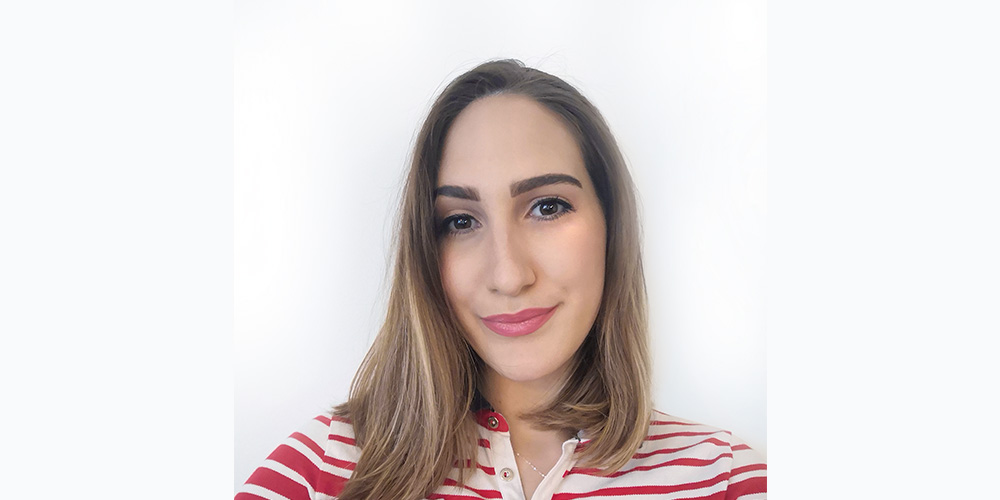
Another student, Daniela Cassar, has similar thoughts: ‘Admittedly, since this was my first experience serving as an admin to an online page, I was not quite sure how to go about it. However, working as a team, we helped one another. This was one of the benefits of this project – it [mitigated] the feeling of isolation created by social distancing.’
The volunteer emphasises that ‘through the translations from English to Maltese of tips suggested by WHO, we aim to reach out to more people who might be battling stress and anxiety. In this way, the negative news on social media from news portals about the current situation is balanced with helpful tips from our page. All in all, I think this experience has taught me the importance of solidarity and the power of looking out for one another in difficult times: it provided the strength needed to combat our present challenges and to continue going about our daily lives.’
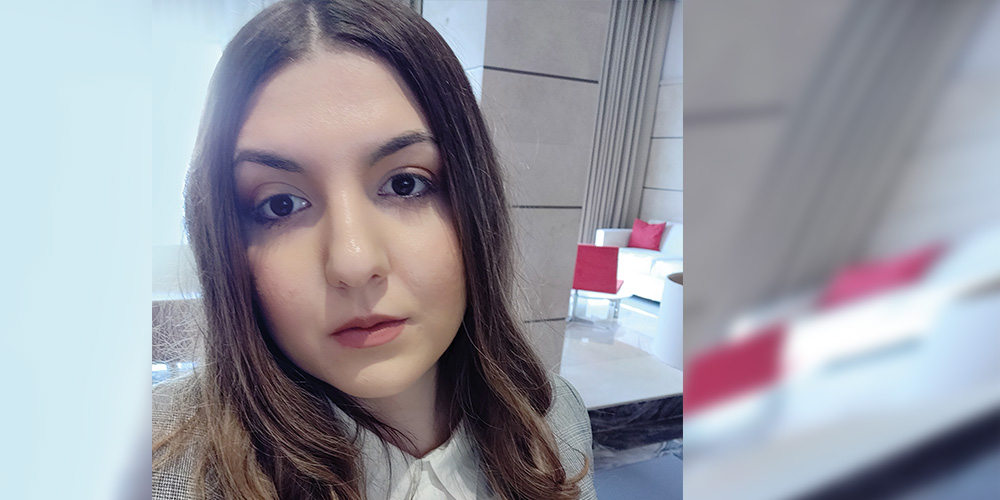
Feedback from our one thousand followers on Facebook keeps us going. ‘I love your posts. Keep them coming. They help,’ regular follower Gemma (65 years old) wrote to us. For James (42), such posts are helpful as ‘panic is already on its course’. On similar lines, Paul (50) highlighted that the page was his ‘daily medicine. A source that helps us move and feel loved [during] this [solitary] walk.’
This collaboration has brought students and lecturers together for the common good. In Francesca Sammut’s words: ‘All in all, I coped with the COVID-19 crisis, whilst supporting others!’

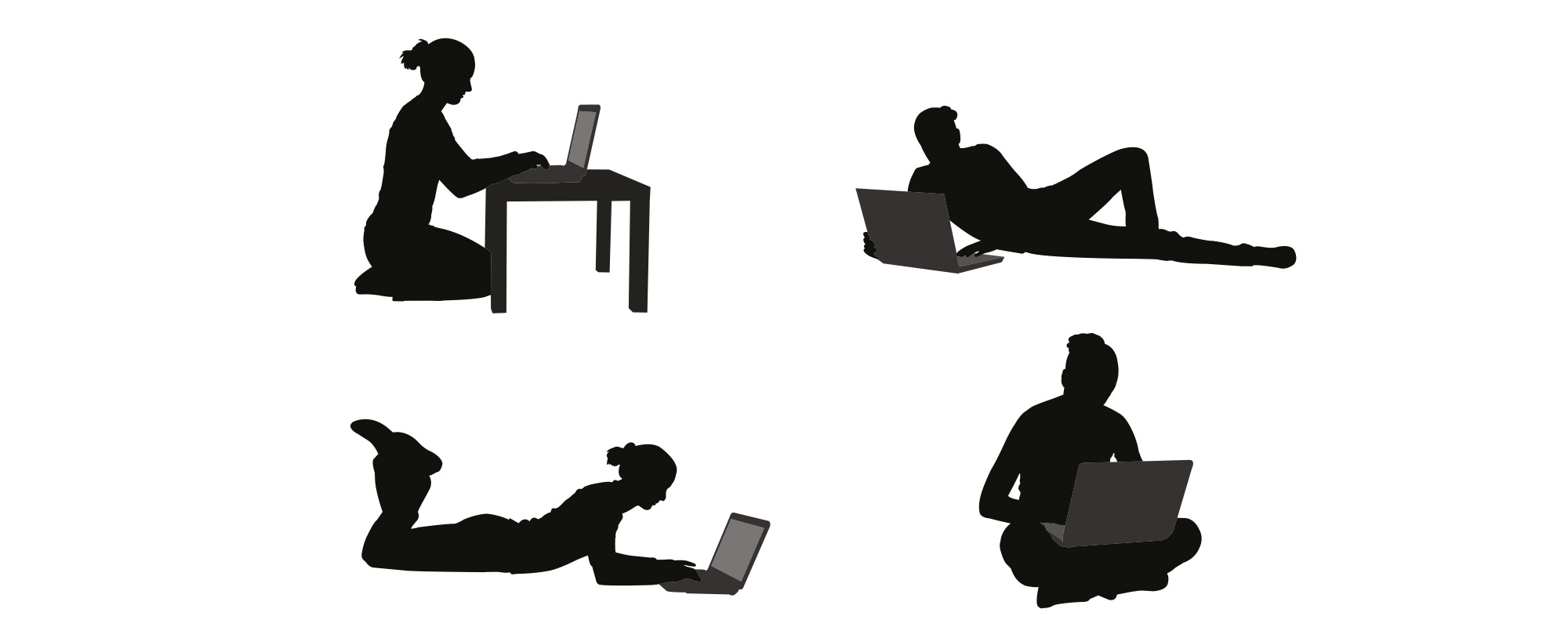



Comments are closed for this article!